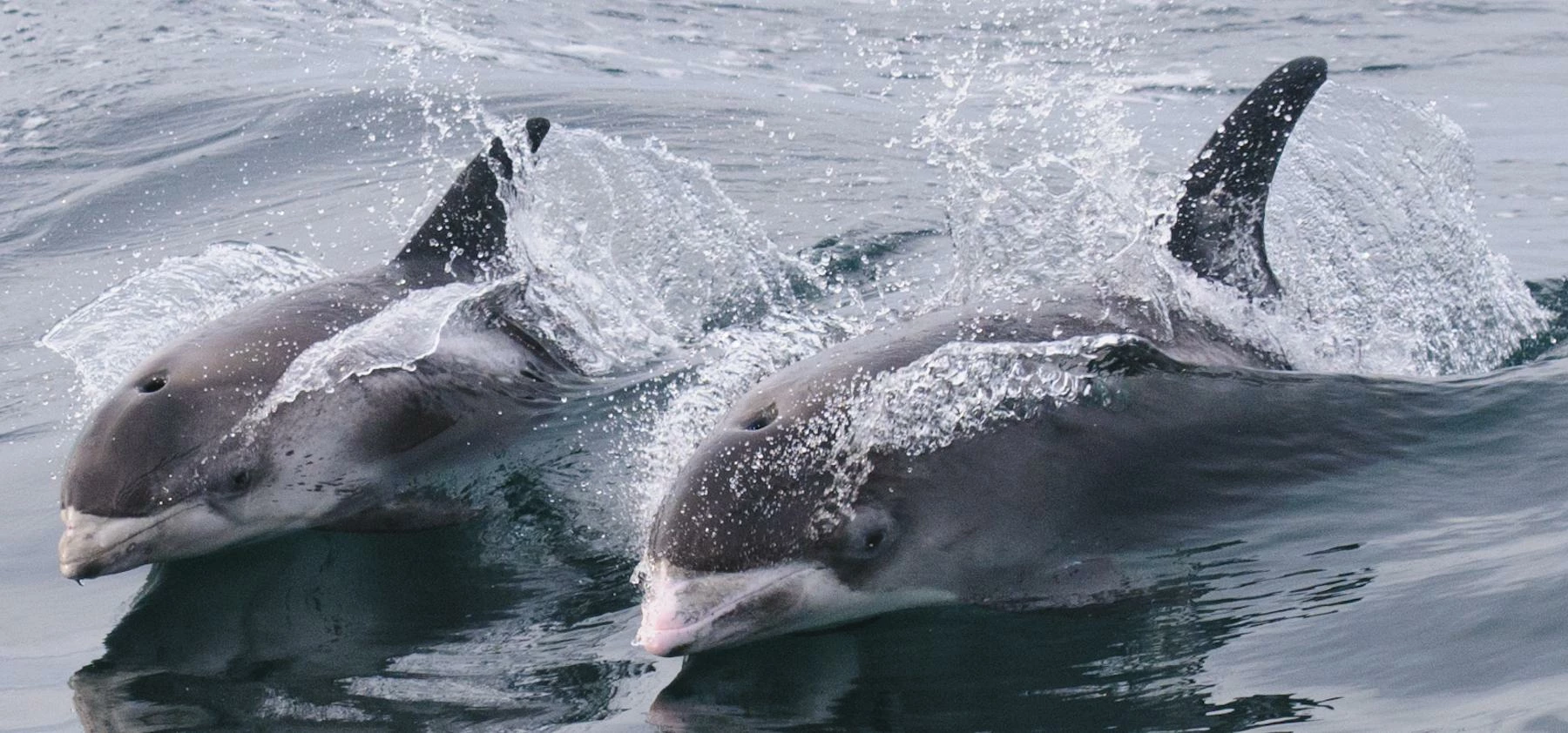
Partner Article
Wildlife charity supporting national marine campaign
The Wildlife Trusts is publishing a new report today (30 September) ‘The case for more Marine Conservation Zones’ and presenting it to the environment minister, Therese Coffey.
The report identifies 48 areas at sea that, if designated, will complete a third ecologically coherent network of special places where habitats and wildlife can flourish to safeguard healthy and productive seas for the future.
The report is published in advance of the government’s plans to announce a third and final phase of Marine Conservation Zones (MCZs) - the government plans to consult the public in 2017 and designate the chosen zones in 2018. The report will be presented to the environment minister, Therese Coffey.
Although none of the 48 areas is in our region, Northumberland Wildlife Trust, which secured all the 7 offshore marine sites it wanted, is supporting the campaign efforts of its fellow wildlife trusts throughout the UK.
The government designated 50 zones in the first two phases, but Northumberland Wildlife Trust which has a number of nature reserves along the coast, feels that this does not provide the UK with a really comprehensive network needed to enable marine wildlife to thrive once more. The conservation charity feels that a sensible number of MCZs in the best locations are needed and is hoping that the government will aim high and hit the 48 mark for this last phase.
Aurelie Bohan, Northumberland Wildlife Trust Living Seas Officer says:
“This is a wonderful opportunity to create a network of protected areas at sea. If the government lives up to its stated commitments such a network would put us at the forefront of worldwide marine conservation.
“Designating these 48 wild havens as Marine Conservation Zones would go some way to guaranteeing a future for the extraordinarily diverse natural landscapes that exist beneath the waves off our coast.
At the start of this year, the government designated the second phase of 23 new Marine Conservation Zones (MCZs), including Coquet to St. Mary’s, Farnes East and Fulmar, the furthest offshore site in the North Sea which followed on from the announcement of 27 MCZs in 2013 promised by the Government in order to fulfil the remit of the Marine and Coastal Access Act..
The 48 areas proposed by The Wildlife Trusts will be the final gap-fillers in the ‘blue belt’ and vary from sea grass beds in the south, which provide protected areas for our two species of seahorse, to deep sea mud, brimming with burrowing animals including sea pens and the incredibly long-lived ocean quahog, a clam species which can live up to 500 years.
This was posted in Bdaily's Members' News section by Sue Bishop .
Enjoy the read? Get Bdaily delivered.
Sign up to receive our daily bulletin, sent to your inbox, for free.








 Navigating the messy middle of business growth
Navigating the messy middle of business growth
 We must make it easier to hire young people
We must make it easier to hire young people
 Why community-based care is key to NHS' future
Why community-based care is key to NHS' future
 Culture, confidence and creativity in the North East
Culture, confidence and creativity in the North East
 Putting in the groundwork to boost skills
Putting in the groundwork to boost skills
 £100,000 milestone drives forward STEM work
£100,000 milestone drives forward STEM work
 Restoring confidence for the economic road ahead
Restoring confidence for the economic road ahead
 Ready to scale? Buy-and-build offers opportunity
Ready to scale? Buy-and-build offers opportunity
 When will our regional economy grow?
When will our regional economy grow?
 Creating a thriving North East construction sector
Creating a thriving North East construction sector
 Why investors are still backing the North East
Why investors are still backing the North East
 Time to stop risking Britain’s family businesses
Time to stop risking Britain’s family businesses